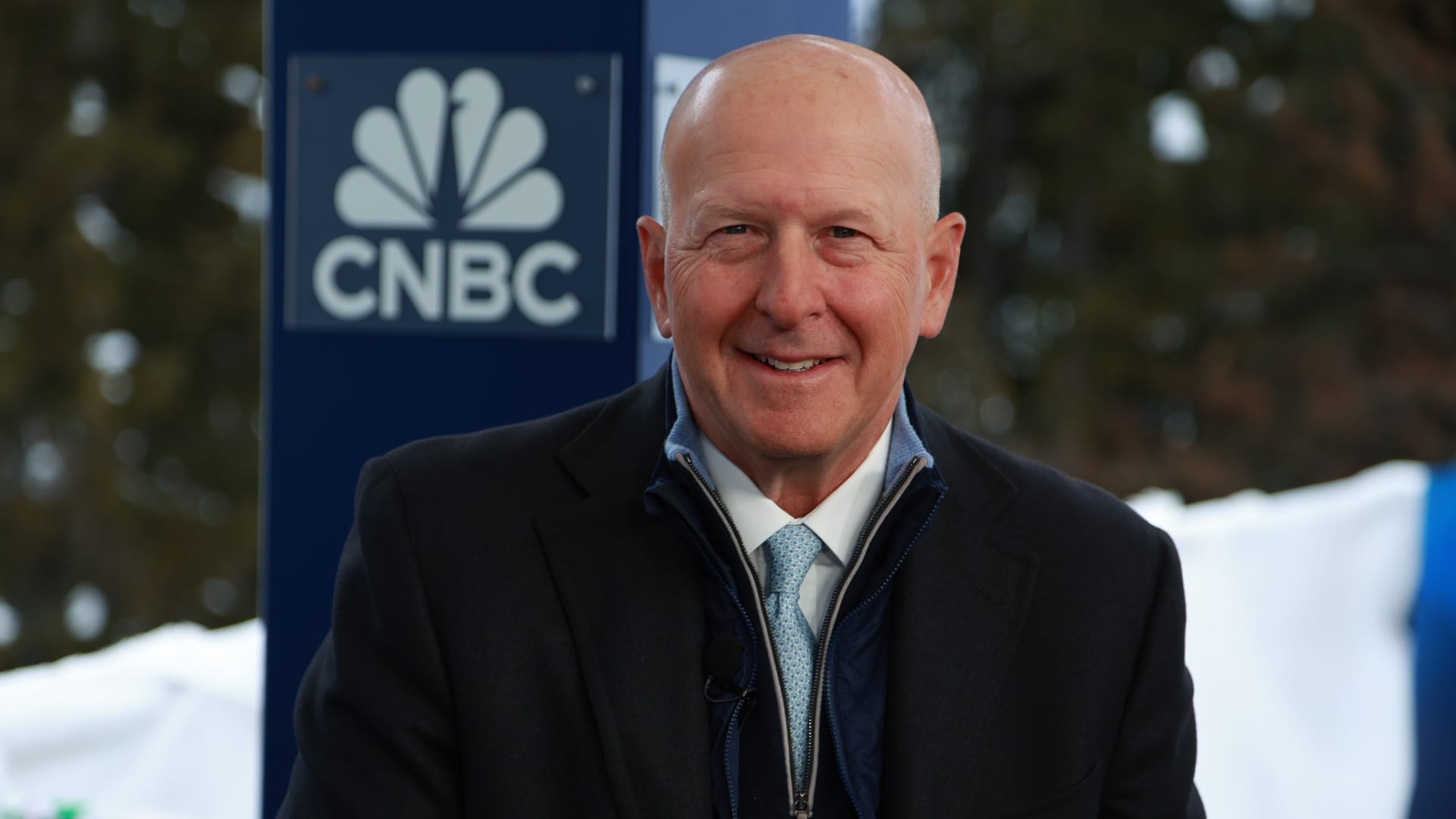[ad_1]
The nation’s largest banks escaped the disaster that simply weeks in the past introduced down two midsize U.S. lenders, unnerving regulators and depositors. If something, the tumult helped these giants rake in bumper earnings.
JPMorgan Chase, Citigroup and Wells Fargo on Friday unveiled banner earnings for the primary three months of the yr, making billions greater than they and analysts had projected. Even because the banks warned that the financial system was on tenterhooks and that credit score might grow to be scarce, they mentioned they might preserve making loans and anticipated stronger earnings if rates of interest continued to rise.
The dynamic displays that, typically, rising rates of interest — which the Federal Reserve has been utilizing to fight excessive inflation — permit banks to cost debtors extra for loans than what they pay depositors. The strong earnings stories Friday additionally signaled that the disaster attributable to the collapse of Silicon Valley Financial institution and Signature Financial institution final month has strengthened the largest U.S. banks.
Most smaller, regional banks, a few of which face perilous futures, is not going to report outcomes till later this month. The nice occasions for his or her largest rivals, nevertheless, are an ominous reminder that many financial institution prospects have out of the blue developed a robust choice for bigger establishments that they consider to be safer and extra steady.
JPMorgan, the nation’s largest financial institution, reported sturdy income in most elements of its companies, serving to it put up a revenue of $12.6 billion within the first quarter, 52 % greater than a yr earlier.
The financial institution mentioned that its loans had been regular within the quarter and that buyer deposits had risen barely from the final three months of 2022, with inflows selecting up specifically after smaller depositors pulled their cash out of smaller banks.
JPMorgan’s chief government, Jamie Dimon, who has taken a number one position in bailing out smaller lenders, mentioned that the banking disaster was distinct, however that monetary circumstances have been more likely to tighten as lenders, together with his personal firm, turned extra conservative.
“We’re going to finally have a recession, however that could be pushed off a bit,” he mentioned.
JPMorgan put aside roughly $2.3 billion to guard in opposition to debtors’ falling behind on their loans. That was up from $1.5 billion in the identical quarter final yr, largely due to a considerably worse financial outlook, the financial institution mentioned.
Mr. Dimon’s view was underscored by financial knowledge launched on Friday: Retail gross sales fell 1 % in March from the month earlier than, the Commerce Division mentioned, a weaker displaying than analysts had anticipated.
Workers on the Federal Reserve undertaking that normal banking turmoil will spur a “delicate” recession later this yr.
Nonetheless, executives largely expressed optimism on Friday about their banks’ prospects in convention calls to debate their quarterly outcomes.
Citigroup, the nation’s third-largest lender, reported a revenue of $4.6 billion within the first quarter, up 7 % from a yr earlier and properly forward of the expectations of Wall Road analysts. Income jumped 12 %. As for the regional financial institution tumult, Jane Fraser, Citigroup’s chief government, mentioned she didn’t see these points as “pervasive all through the broader banking business.”
The financial institution’s mortgage ebook was roughly unchanged, and deposits fell 3 % from the earlier quarter, although bank card lending was up 7 % from a yr earlier. UBS analysts mentioned Citigroup, which has been slimming its worldwide operations, nonetheless had “extra wooden to cut.”
At Wells Fargo, “the vast majority of our companies stay sturdy,” Charles Scharf, its chief government, instructed analysts. Rising rates of interest lifted the financial institution’s earnings as its mortgage portfolio grew, led by positive factors in private lending and better bank card balances.
There was little signal that nervous depositors have been fleeing to the security of the lender, the nation’s fourth-largest financial institution. Deposits at Wells Fargo dropped $24 billion, or 2 %, from the earlier quarter. Loans have been little modified.
Delinquencies and write-offs of unhealthy loans edged up, and the financial institution elevated its reserve for future losses, citing business actual property — particularly loans backed by workplace buildings — in addition to bank cards and auto loans as areas of potential weak spot. Shopper spending started to melt late within the quarter, Mr. Scharf mentioned.
Analysts are carefully expecting indicators of tightening lending that might result in a credit score crunch. Mr. Scharf mentioned that Wells Fargo was “taking incremental actions to tighten credit score on higher-risk segments,” however that he didn’t anticipate a broad pullback.
Ms. Fraser of Citigroup mentioned she was nervous that regulatory modifications within the wake of the smaller banks’ turmoil, that are more likely to embody calls for that banks preserve extra cash readily available, “would exacerbate any credit score tightening.”
PNC Monetary, the nation’s sixth-largest financial institution, mentioned on Friday that the business volatility had ended up taking part in to its strengths. Its deposits grew barely final quarter, and revenue rose to $1.7 billion, up greater than 18 % from a yr earlier.
Though it has been swept up within the turmoil surrounding midsize banks, PNC, a so-called tremendous regional lender, is greater and extra diversified than most regional monetary establishments. PNC performed a component in final month’s rescue plan for the ailing First Republic Financial institution, depositing $1 billion into the financial institution as a part of a $30 billion deal engineered by Mr. Dimon.
Buyers largely welcomed the incomes stories by the massive banks, their first look contained in the books of the business bellwethers for the reason that failure of Silicon Valley and Signature Financial institution. JPMorgan’s inventory was up greater than 7 % on the shut of buying and selling on Friday.
“The banking system may be very sound — it’s steady,” Lael Brainard, director of President Biden’s Nationwide Financial Council, mentioned this week at an occasion in Washington.
However some smaller banks might nonetheless wrestle as prospects rethink the place they preserve their cash.
One other bigger monetary establishment that reported its first-quarter earnings, the funding administration big BlackRock, mentioned it had been on the receiving finish of $40 billion from shoppers seeking to higher handle their money.
“We anticipate to shift from deposits to cash market funds to be a longer-term development,” Laurence D. Fink, the corporate’s chief government, mentioned throughout a convention name with analysts, “and are actively working with shoppers to assist them diversify and improve the yield they’re incomes on their money.”
Joe Rennison contributed reporting.
[ad_2]
Source link










